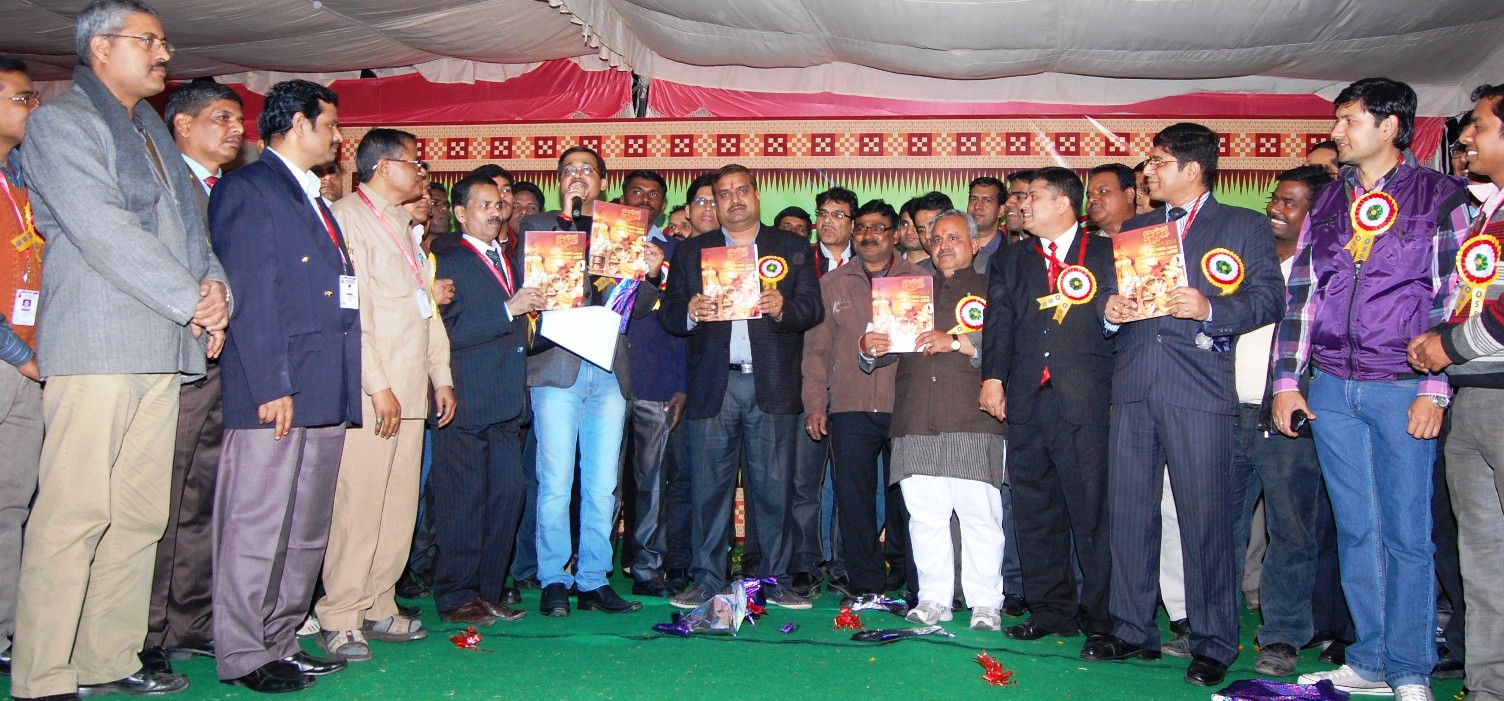Psychological Dynamics of Gaming: Why Players Turn into Engaged in Gambling and How It Changes Their Actions
Wagering in Karavan casino giri? is a far-reaching engagement that extends across cultures and age brackets, attracting participants from all walks of life. Comprehending the cognitive processes behind why individuals engage in betting and how it changes their actions is fundamental for both people and communities. This study scrutinizes into the causes, cognitive mechanisms , and behavioral impacts associated with betting.
Why People Gamble Karavan bet casino
Participants are enticed to betting for many motives, spanning the exhilaration of hazard-taking to the draw of conceivable financial rewards. Some of the chief drives represent:
- Excitement and Entertainment: The variable quality of wagering offers a burst of adrenaline and thrill, making it an entertaining pastime for countless.
- Financial Gain: The probability of gaining considerable money sums functions as a considerable encouragement, prompting individuals to participate in random games.
- Social Interaction: Betting often happens in social venues, such as gambling houses or casino events, developing a sense of community and mutual support among members.
- Escape from Reality: For some, betting provides a temporary getaway from daily pressures and personal trials, rendering a distraction from real-life issues.
- Challenge and Skill: Specific forms of gambling, like craps, entail tactics and capability, alluring to those who enjoy intellectual puzzles.
Psychological Factors in Gaming
The operation of wagering involves multiple cognitive mechanisms that can shape manners and choices:
Reward Pathway Activation: Wagering triggers the brain’s reward pathways, releasing dopamine, a neurotransmitter linked with contentment and boosting. This neurochemical response strengthens the craving to carry on wagering Karavan bet giri?.
Cognitive Heuristics: Betters often demonstrate cognitive fallacies, such as the illusion of rule, where they believe they can influence randomized outcomes, and the gambler’s mistake, the inaccurate belief that earlier occurrences influence future chances.
Risk Assessment: People differ in in their awareness of volatility and incentive, controlling their inclination to engage in gambling. A few may underappreciate the probabilities against them, bringing about heightened wagering conduct.
Actions Consequences of Betting Activities
While betting can be a cause of enjoyment and gathering, it also has outstanding conduct outcomes , both optimistic and spiteful:
Upbeat Effects Karavan bet casino gaming: For some, gaming renders a blithe and gripping undertaking that bolsters social affiliations and affords a sense of satisfaction when triumphs occur. It can also augment mental functions like strategic formulation and decision-making methods.
Deleterious Influences : Compulsive betting can provoke a range of destructive unfavorable outcomes, including financial difficulties, strained partnerships, and mental health concerns such as nervousness, and despondency.
Betting addiction, or betting dependency, is distinguished by an uncontrollable craving to bet in despite negative detrimental results, often compelling medical help.
Behavioral Practices : Incessant gamblers may create specific forms of behavioral signs , such as rebounding from losses by continuing to wager in an exertion to redeem past losses . This can launch a pernicious cycle of accumulating debt and emotional distress.
The psychological research of wagering is a complex interplay of incentives, psychological processes, and behavioral repercussions . While betting can give energetic feelings, mingling, and the animation of likely rewards, it also presents risks of problem gambling behaviors and deleterious life impacts . Comprehending these mental contributors is pressing for initiating effective prevention and treatment processes for gambling issues . By nurturing understanding and encouraging responsible wagering guidelines, humans can delight in the entertainment perks of gaming while reining in its potential negative impacts.

















